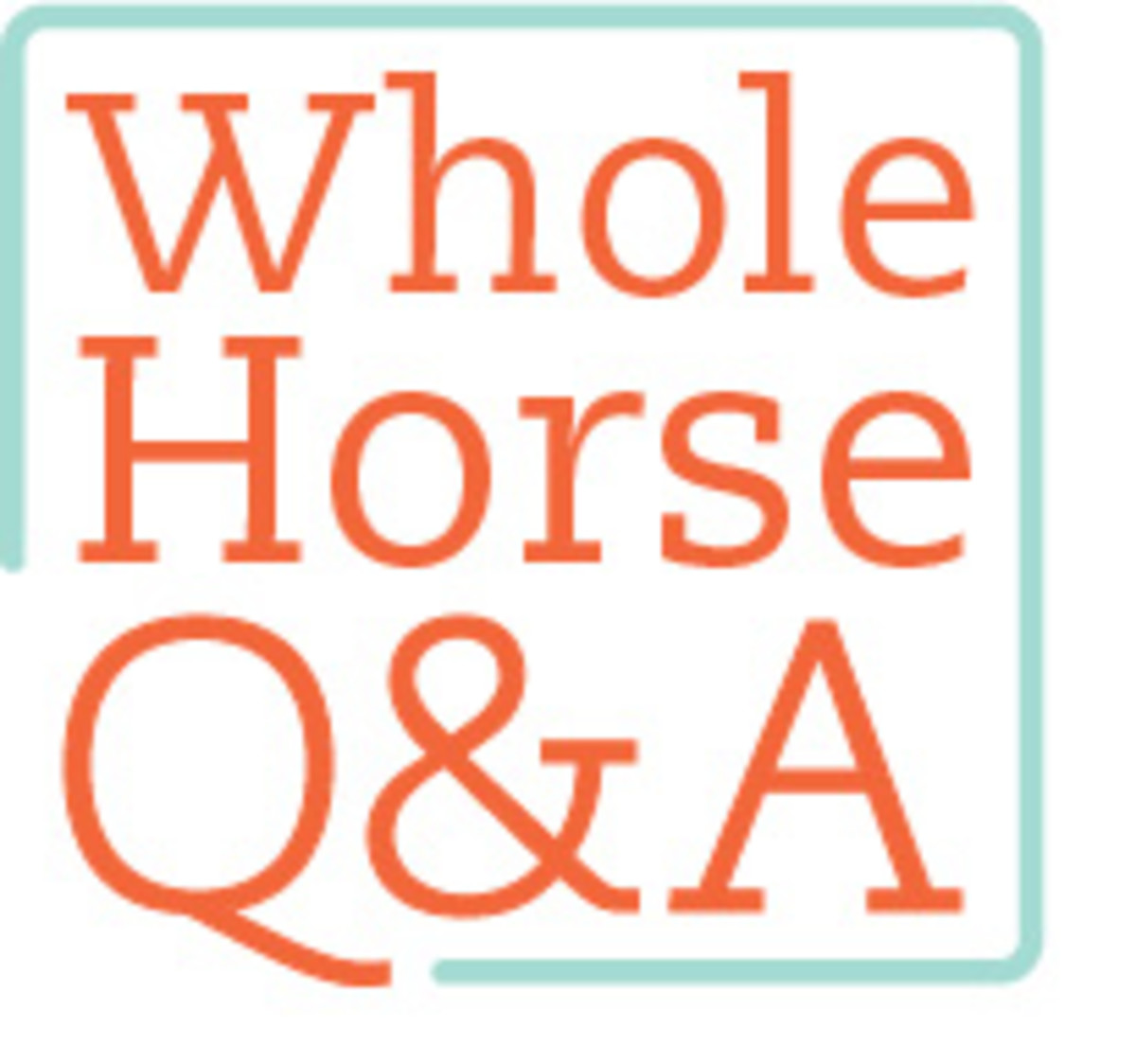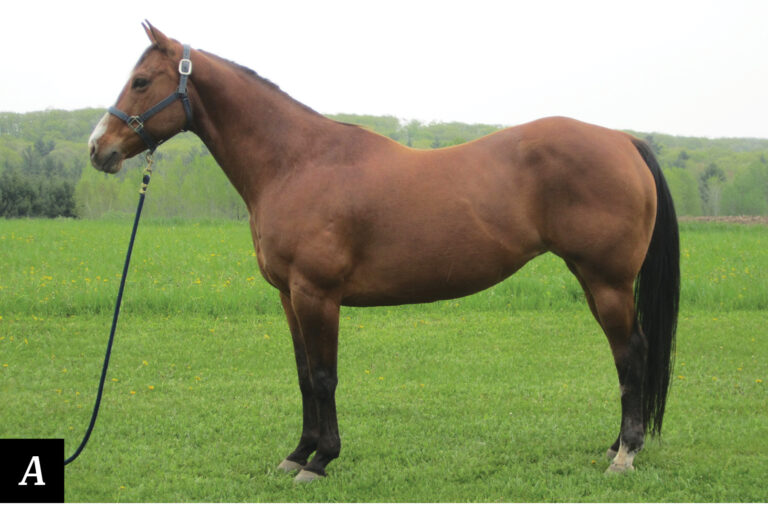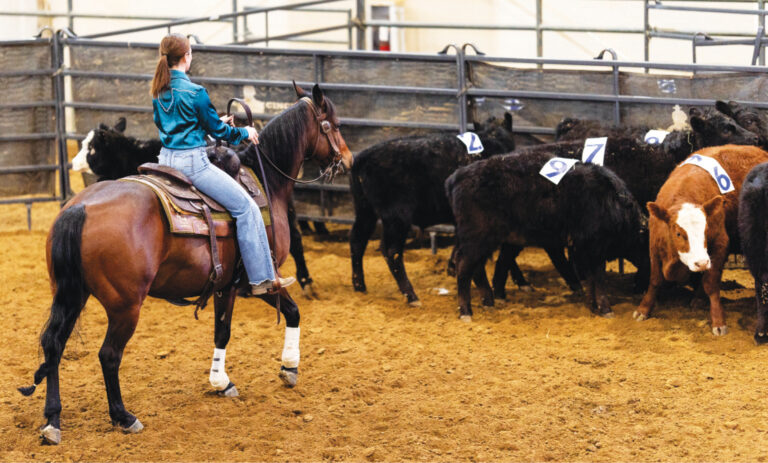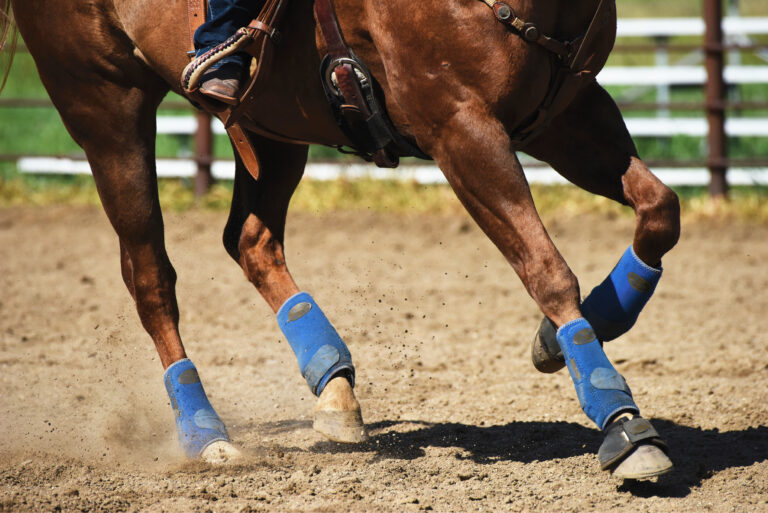Q I’ve heard a fellow boarder at my barn talking about horses that suck their tongues. She said it had something to do with their tasting faculty. Is this true? If not, why do some horses engage in this behavior?

CORALYNNE FIENNES, Arizona
A I’ve not seen a study on the repetitive oral behavior of tongue sucking specifically, or whether it has anything to do with tasting (see box). In looking at the origin of this behavior, it’s logical to assume that confining horses to stalls may play a role in the development of tongue sucking. In the wild, horses would roam constantly and use their mouths to forage. I’d expect to see tongue sucking decrease rapidly and disappear if a horse were to be kept on pasture, rather than in a stall or a pen with no grazing available.
Tongue sucking may indicate a too-early weaning or that the horse’s dam didn’t have enough milk. There have also been reports of orphan foals developing the habit. In cases like these, sucking the tongue may be a holdover from days when the young horse was deprived of the ability to suckle, which would normally happen about every 15 minutes in the early stages of a foal’s life.
Some owners indicate that their horses engage in tongue sucking immediately after having a treat. Eating something palatable, especially sweet things, causes endorphin (opiate) release that stimulates oral behaviors like cribbing and tongue sucking.

If the tongue behavior happens in a stall and is unrelated to having just eaten something sweet, most people are inclined to attribute it to boredom. I believe, however, it’s more likely to be frustration than boredom. A horse in a stall may exhibit not only oral habits but also pawing, stall walking, and other behaviors, and he’ll typically engage in them most fervently right before feeding time. That indicates not that the horse is bored, but that his needs aren’t being adequately met—particularly the need to spend 60 percent of his time eating. We often give horses enough calories, but not enough forage.
As far as I know, tongue sucking is not dangerous or connected to an illness. Therefore, stopping the behavior isn’t necessary, but rather something an owner desires because it’s annoying. My advice is to solve the frustration that’s probably causing the behavior. If we simply prevent horses from engaging in behaviors caused by stress without solving the underlying source of that stress, we upset those horses even more.
Although stall toys often have little impact on equine habits, for this particular behavior, there’s one that may help. The Likit Tongue Twister is a plastic sphere you mount on the stall wall; your horse then spins it to gain momentary access to a sweet treat. If your horse is subconsciously trying to gain nourishment by using his tongue, then this fulfills that desire. I recommend you give it a try.
KATHERINE HOUPT, VMD, PhD, DACVB
Professor Emeritus, Cornell University




